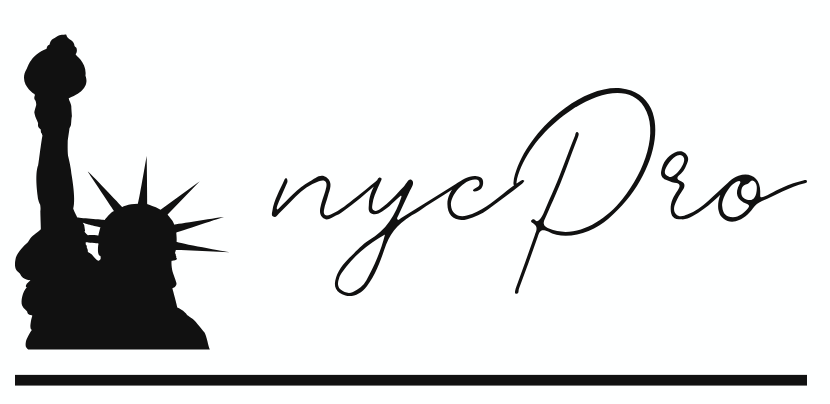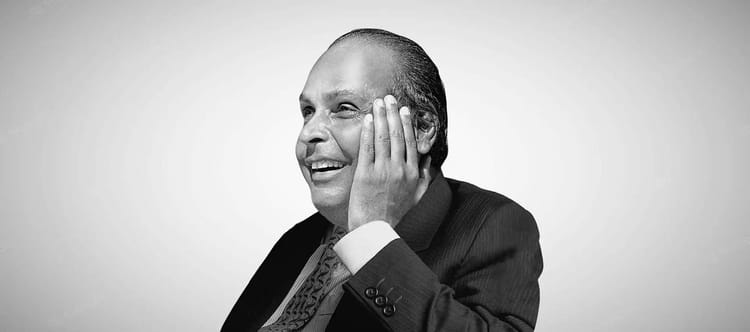The Deep Ties Behind Polymarket Betting Odds: Unveiling the Influence of Power and Ideology

In recent months, many have noticed a surge in Twitter activity, where large accounts push Polymarket betting odds. But beneath this promotional wave lies a web of influences and motivations that deserve a closer look. Polymarket, an offshore predictive betting platform, operates beyond the reach of U.S. regulations, raising significant questions about its transparency and intent. And it's backed by some influential figures, including Peter Thiel, who has invested a staggering $70 million into the platform.
Polymarket, with backing from influential figures like Peter Thiel, isn't just a betting platform—it's a tool in a larger ideological battle. By promoting Trump-favorable odds, it aligns with narratives that challenge mainstream views, drawing from the perspectives shaped by its investors’ pasts, including experiences in apartheid-era Southern Africa. This reveals how old ideologies can subtly influence modern political discourse and public sentiment through seemingly unrelated platforms.
Understanding the Polymarket Agenda
Polymarket's predictions have notably leaned in favor of Donald Trump, contrasting with other platforms like Kalshi and PredictIt, which show more favorable odds for Kamala Harris. This slant fits into a broader narrative, one that echoes the controversial "Trump should have won" sentiment from the aftermath of the 2020 election. The narrative isn't isolated—it's interwoven with the ideologies and influences of the individuals behind the platform.
The Ideological Threads: Peter Thiel and the Trump Connection
Peter Thiel, a venture capitalist with a complex past and a penchant for controversial positions, plays a key role here. Thiel's involvement in Polymarket is emblematic of a broader ideological struggle in American politics. His mentorship of figures like JD Vance and his deep ties to the Silicon Valley elite have allowed him to wield significant influence in both the tech and political spheres. But Thiel's story—and those of some of his contemporaries—begins much earlier, in a place where inequality, fear, and a disdain for government intervention were part of everyday life.
The Shadow of Apartheid: Musk, Thiel, and the Southern African Legacy
The backgrounds of key figures like Elon Musk, David Sacks, and Peter Thiel trace back to the apartheid era in Southern Africa—a period marked by extreme racial inequality and violence. Thiel's formative years in Namibia, where his father worked in the mining industry, were shaped by a world of stark racial divides and economic stratification. Similar experiences influenced David Sacks and Paul Furber, a South African tech journalist linked to the QAnon conspiracy's origins.
For many white families in apartheid-era South Africa, inequality was viewed as a natural order—an inescapable reality that some were equipped to thrive in while others were not. This perspective, according to Thiel’s biographer Max Chafkin, was reflected in Thiel’s belief that apartheid “works” and was “economically sound.” Though his spokesman has denied such assertions, the underlying mindset echoes in the ideological positions Thiel has championed throughout his career.

From Apartheid to Trumpism: How Ideology Translates into Modern Politics
The attitudes shaped by apartheid didn't disappear when Thiel and others left Southern Africa; they evolved and adapted to a new political landscape in America. The fear of social upheaval, a distrust of government, and a belief in the natural hierarchy of human capabilities found a new expression in the anti-government libertarianism and cultural conservatism that define much of today's American right.
In 1995, Thiel and Sacks co-authored The Diversity Myth, a critique of multiculturalism that downplayed the significance of racism. Fast forward to today, and this same ideology aligns with the narratives perpetuated by platforms like Polymarket, which amplify messages around Trump's continued political relevance. The pattern becomes even clearer when examining the rhetoric surrounding “white genocide” and other racially charged fears—tropes that echo the fears prevalent among white South Africans during the dying days of apartheid.
Many of you are seeing large accounts pushing Polymarket betting odds on Twitter. Sample image attached.
— Jack E. Smith ⚖️ (@7Veritas4) October 7, 2024
A few things to know:
- Polymarket operates as an offshore predictive betting platform, outside the purview of US regulations.
- Polymarket's lead investor is Peter Thiel.… pic.twitter.com/lYNBY3djtM
The Stakes of a Betting Platform: Why It Matters
At first glance, Polymarket might seem like just another player in the world of predictive markets. But its significance lies in how it shapes public perception. By pushing a narrative that aligns with the Trumpist agenda, it contributes to a broader effort to influence political discourse and voter sentiment. This extends beyond mere betting; it’s about controlling a narrative and cementing a worldview that resists change and diversity.
Polymarket's positioning in the market and its backing by figures like Thiel make it more than just a curiosity. It’s a microcosm of a much larger cultural battle—one that pits ideas of progress and equity against deeply entrenched ideologies rooted in a past of division and exclusion. As we watch these forces play out in the digital space, from social media to offshore betting platforms, it's crucial to understand who stands behind them, and more importantly, why.
The Importance of Recognizing the Influence of Past Experiences
In the end, understanding the backgrounds of influential figures like Musk, Thiel, and their peers helps illuminate the broader dynamics at play in platforms like Polymarket. Their perspectives, shaped by an upbringing in an environment where inequality was normalized, continue to inform their actions in the present. It’s a reminder that the past is never truly past—it shapes our present, influencing the platforms we engage with, the narratives we encounter, and the political futures we navigate.
This is not just about betting odds or who might win the next election; it's about the legacy of ideas and ideologies that continue to shape American society today. As we engage with these narratives, recognizing their roots is the first step toward challenging them and fostering a more equitable and inclusive future.
Conclusion
Polymarket, an offshore betting platform backed by billionaire Peter Thiel, has been pushing odds that favor Donald Trump, contrasting with other platforms like Kalshi that lean towards Kamala Harris. This isn't just about betting; it reflects a broader agenda tied to Thiel's ideology and connections to the Trump movement. Thiel, along with figures like Elon Musk, shares a background rooted in apartheid-era Southern Africa—a period marked by extreme racial divides and distrust of government.
These experiences have shaped their perspectives, influencing the narratives they promote today, from anti-diversity stances to libertarian beliefs. Polymarket, through its slanted predictions, is a part of this effort to shape political discourse and public perception, reflecting the lingering impact of these ideologies on American politics.





